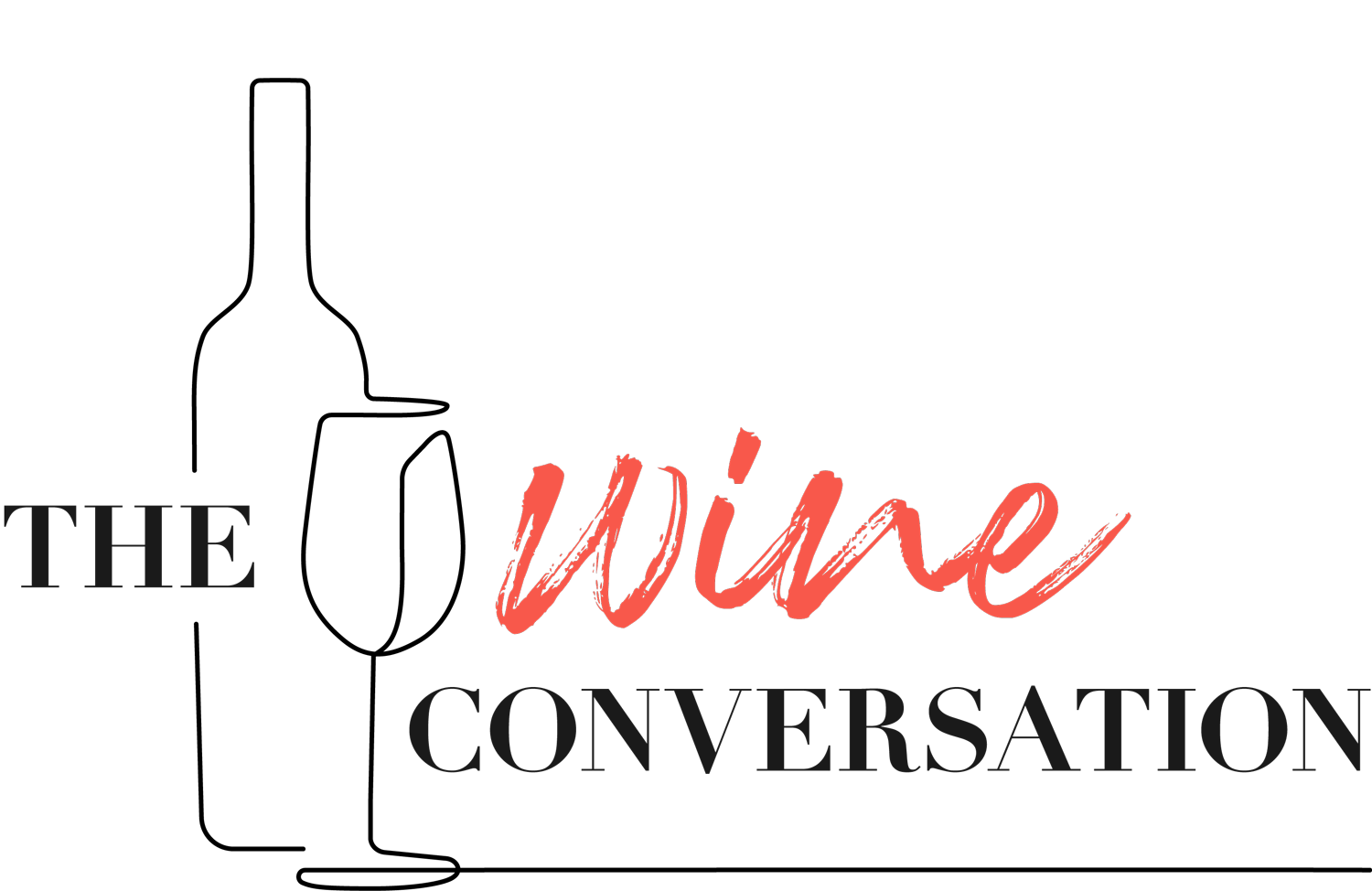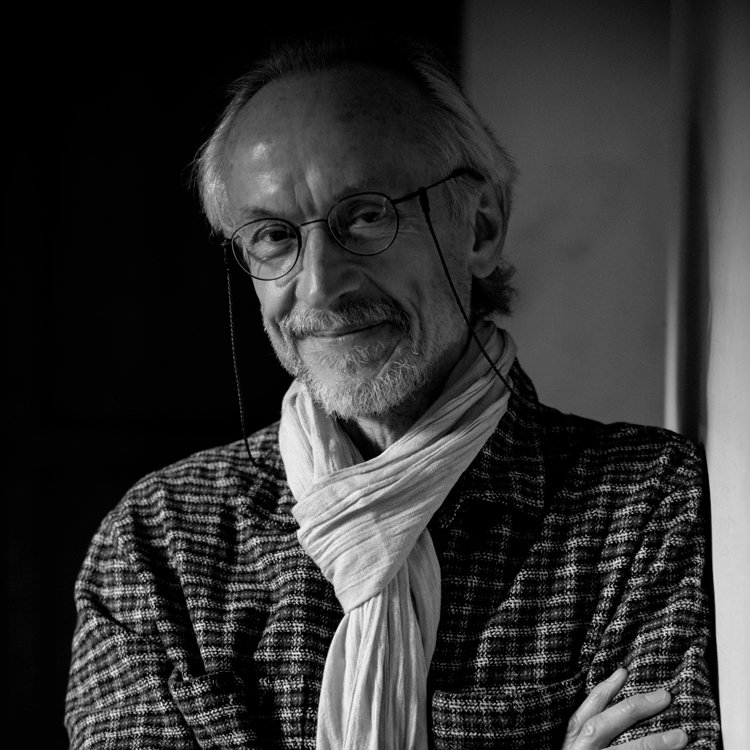▻ Wine With Andrew Jefford
In conversation with Andrew Jefford
Episode Summary:-
Andrew Jefford is widely regarded as one of the world’s most thoughtful and eloquent wine writers. His ideas on wine have been captured in a new book, Drinking with the Valkyries, published by the Academie du Vin Library. The book consists of a series of essays which originally appeared in Decanter magazine, Waitrose Food Illustrated and The World of Fine Wine. Henry Jeffries, of the Critic, wrote, “Jefford is that rare thing in the wine world, a genuine intellectual…There are more ideas in each of these short essays than in most books,” while Tamlyn Currin of Jancisrobinson.com wrote, “A tumble of short stories, it reveals the kaleidoscope landscape of a staggeringly beautiful complex mind, reflecting a staggering beautiful complex world.” Sarah Kemp talks to him about the book, and his life in wine (after declaring an interest, as she was his original publisher at Decanter).
Andrew tells Sarah how he came to write about wine, revealing that he wasn’t born into a family with a cellar, but became fascinated by wine on his own; after university he became an editor, but he wanted to write, and when an opportunity arose to write a book on Port, he jumped at the chance. “They wanted it cheaply and quickly, and I was quick and cheap,” he laughs. The book was well-reviewed and it gave him the chance to become a part-time editor and a part-time freelance writer. Sarah is keen to know which writers influenced him, and he reveals a few surprises: Robert Louis Stevenson was a major influence, as Jefford had studied his short stories for a PhD, and among wine writers, Hugh Johnson, Andre Simon, and Jancis Robinson, but he also notes, “The biggest impression on me was Ralph Steadman. I worked with Ralph on his wine books. I drove him crazy and he drove me crazy…. I love the way Ralph would let rip on things.” He adds, “I’ve tried to be as open as possible as I can to everything about wine, to let it wash over me, to try and turn all of that into what I write, rather than sticking to the straight and narrow of classic wine writing, and I think Ralph was an influence there.”
The essays in the book cover many themes, and Sarah asks Andrew to read from the essay which gave the book its title, “Drinking with the Valkyries” before they explore his views on tasting wine. “The most important thing about tasting is being honest,” he says, describing how he believes both tasting blind and sighted are important. “We have to remember, in a way, that sighted tasting is the wisdom of all of the tasters of the past gathered into that wine, it is the cultural cloak that every wine comes in, it would be philistine to ignore that.” They also discuss how drinking is what makes a wine’s reputation, not tasting. “Drinkers aren’t idiots,” he points out. The thorny subject of scores is one that Andrew tackles in the book. He is not a fan, but admits he has to use them when asked professionally: “it would be very self-important not to.” While he realises his view won’t change the wine world, he declares, “I hope people come to understand as time goes by, or they become more experienced drinkers, that scores are as toxic as they are useful.”
““ I am keen to communicate to people that it is their own personal human experience of drinking wine that is the most important thing about wine, that will be the most rewarding part of their interaction with wine…It’s not a trainspotting activity, it’s a human activity.” ”
Andrew then reads an extract from the essay “Tannin and the University of the Vat,” which leads on to a discussion of the role of tannin in wine today. Andrew believes there is a “national palate.” For example, he discovered during his time living in Australia that Australians didn’t like tannin, preferring acidity, while the French were the opposite. Sarah asks why in the section of the book “Some Beautiful Wines” there were only European wines. Andrew points out that the essays were taken from a series of columns in the World of Fine Wine called “One Bottle” which consisted of 900 words. “Most of the wines I know well enough tend to be European,” he notes, though he points out there are essays on non-European wines in other parts of the book. What comes across throughout the entire book are the human stories. “If there was one reason why I’d like people to buy this book it really would be for the stories about the human beings in it.” He tells Sarah how he has come to realise that the human is the most important element in the wine, something he didn’t believe 30 years ago.
Going back to the art of writing, Sarah is curious to find out why Andrew believes there is so little enjoyment expressed in wine writing. Andrew puts it down to the enormous increase in the expense of wines, a subject he tackles in the essay “Wine’s Transactional Flaw.” If a wine costs £100, £200, £300, it is taken seriously, maybe over-seriously. “Wine is awfully difficult, mentally it’s very complicated, which why it attracts the minds it does, but also why it is enormously off-putting to people.” Humour is another wine-writing rarity that Sarah finds runs through Andrew’s writing, and he responds that humour relaxes people: “I do think there should almost be in the writer’s oath that they promise not to take wine too seriously.”
Andrew lived in Australia for a while. “I count that as possibly the most precious 15 months of all my wine-writing career in terms of rapid learning.” A highlight of his thoughts on the Australian wine scene is revealing: “I don’t think there is a culture anywhere in the world which elevates wine to a higher level,” he says. He is impressed with their technical knowledge and describes Australian winemakers as the most oenologically literate, though he cautions that their greatest strength is also their greatest weakness, as they have sometimes not let the raw materials be what they want to be.
What is he most optimistic about? The agricultural energy you see today, which you didn’t see in the 1980s and ‘90s, when it was all about technology and innovation, he says. Today the pendulum has swung back, and it is all about the vineyards, a trend he is looking forward to following. A further aspect of that is the idea of the cherishing of place, which he believes is now being recognised as a positive force for humanity.
Running Order:-
-
0.00 – 18.48
“The biggest impression on me was Ralph Steadman.”
– How Andrew became a wine writer with no formal qualifications.
– The literary influences on him--Robert Louis Stevenson and Ralph Steadman.
– Andrew reads a passage from his “Drinking with the Valkyries” essay.
– His style of wine writing.
– Andrew’s views on blind tasting and sighted tasting.
– Why he dislikes the hierarchical aspect of scores.
– His views on tasting notes and why drinking is more important to a reputation. -
18.49 – 35.30
“If there was one reason why I’d like people to buy this book it would be for the stories of the human beings.”
– Andrew reads a passage from “Tannin and the University of the Vat” .
– Discussion on tanning in wines today and the idea of a national palate.
– Why he believes humans are the most important element in the art of wine.
– His thoughts on why wine writing is serious and lacks humour. -
35.311 – 46.11
“I count Australia as possibly the most precious 15 months of all my wine-writing career in terms of rapid learning experience.”
– Andrew reflects on his time in Australia.
– Andrew’s views on the strengths and weaknesses of Australian wine industry.
– His views on French wine’s progression and in particular Bordeaux.
– What Andrew is most optimistic about.
RELATED POSTS
Keep up with our adventures in wine
Further Information:-
A special offer on Andrew’s book “Drinking with the Valkyries” is available to Wine Conversation listeners – use discount code WINECONV5 to save £5 or US$5 on www.academieduvin.com







Brian St Pierre takes a look at the latest crop of wine books, and picks out the ones he believes should be on every wine lover’s shelf